Child soldiers and our moral failing
Originally published on Huffington Post “Child soldiers and our moral failing”
Take a listen to my NPR interview with Robyn Young on Here & Now:
Child soldiers.
The term brings images of dirt-laden black boys dawning tattered green uniforms, dirtied tan boots to the shins, and of course, a thin-barreled AK-47 slung around their bony arms. A boy with drugged-out pupils who uses a machete to kill neighbors with the same ease in which he chops cassava leaves. We try not to be intrigued, but we are intimately fascinated by the ability of children to kill. And then we forget about them. To do so is a sign of our moral failing.
In some low-income, low-resource, politically unstable countries wrought with inequity and violence, it makes sense for a child to be a soldier. At age 2, some children are left to play in dirt, under the care of their 7 year-old sibling. At age 5, some sell bananas in the market place. Children represent extra labor: another body to care for other children, do chores, fetch water and firewood, and earn money through small trade. Most African countries are youthful with poor family planning. It makes sense that children would be soldiers in this context. Children are seen as expendable, with “adult” responsibilities.
Though many children are abducted into the rebel army, others join in the face of starvation, a lack of opportunities and the need to provide for their families. Rebel groups promise high military positions, education, homes, and safety of their family. At a time of adolescence and childhood, when most should be learning about peer relations and socializing, these youth are learning that to trust is not safe. To show kindness and friendship will kill the object of your affection. That silence, isolation, and lack of feeling while murdering are the only means of survival.
“At 14, we got caught trying to escape. At first, they buried us alive, but we managed to live. So after two days, they gave me a machete and told me to kill my best friend. I wouldn’t, so they called other child soldiers who butchered him piece by piece while he called out my name,” reports one Burundian former child soldier, as his eyes glaze down at the 2-year-old son sitting calmly in his lap. “I can’t get that image out of my head. Now I just keep quiet — I don’t want to be part of what’s happening.” - 26 year old former child soldier
To read more about child soldiering, please refer to the Huffington Post article, review paper, or any of my studies with former child soldiers in the Contribution to Research section.

